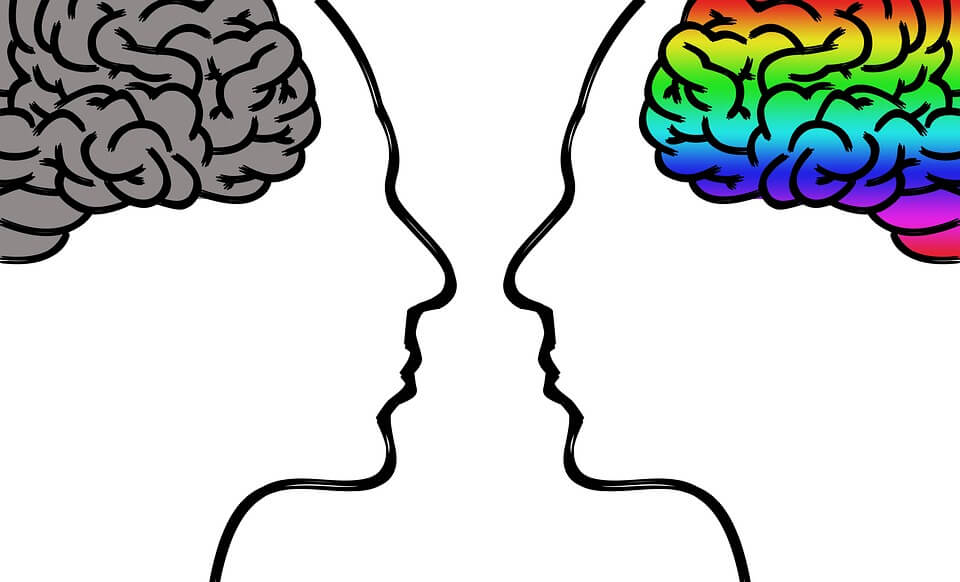What is it like to have very low IQ? How do people with low IQs (≤80) perceive things in everyday life? What happens if you have a lower IQ?
Having a very low IQ can make it difficult for an individual to learn and function in daily life. They may have trouble communicating, completing tasks, and understanding complex ideas. They may also have difficulty with abstract thinking and problem-solving, and may need assistance with basic life skills such as dressing, eating, and personal hygiene. Additionally, they may have difficulty understanding social cues and interacting appropriately with others. It’s important to note that having a low IQ does not define a person, and many individuals with low IQ are able to lead fulfilling lives with the right support and accommodations.
How do people with low IQs (≤80) perceive things in everyday life?
Individuals with low IQs (typically defined as an IQ score of 70 or below) may have difficulty perceiving things in the same way that someone with a higher IQ would. They may have trouble understanding concepts that are more abstract or complex, and may have difficulty with problem-solving and decision making. They may also have trouble understanding the connections between different ideas and concepts.
Additionally, people with low IQs may have difficulty understanding and interpreting nonverbal cues, such as body language and tone of voice, and may have trouble with social interactions and communication. They may also have difficulty understanding the consequences of their actions and may struggle with planning and organization.
It’s also important to note that people with low IQs may have learning difficulties and may require different teaching methods and accommodations in order to learn effectively. Additionally, They may benefit from a more structured and predictable environment, as well as additional support to help with day-to-day activities and decision-making. With the proper support, people with low IQs can still lead fulfilling lives.

Source: pixabay.com
What happens if you have a lower IQ?
Having a lower IQ can make certain tasks and activities more difficult, and individuals with lower IQs may require additional support and accommodations in order to learn and function in daily life. They may have trouble with:
- Understanding and processing new information
- Abstract thinking and problem-solving
- Organizing and planning
- Understanding social cues and interactions
- Learning new skills and adapting to new situations
Individuals with lower IQs may also have difficulty with independent living and may require assistance with basic life skills such as dressing, eating, and personal hygiene. They may also be at a greater risk for unemployment and may have a harder time finding and maintaining a job. They may also struggle with poverty and social isolation.
However, it’s important to note that IQ is not the only measure of a person’s ability or potential, and many individuals with lower IQs are able to lead fulfilling lives with the right support and accommodations. Additionally, IQ is not a fixed trait and can change over time. Additionally, people with lower IQ can still have strengths, interests and capabilities.
It’s also worth to mention that individuals with lower IQs may have co-occurring conditions, such as developmental disorders, brain injury or mental health issues, that may have more significant impact on their lives than IQ itself.